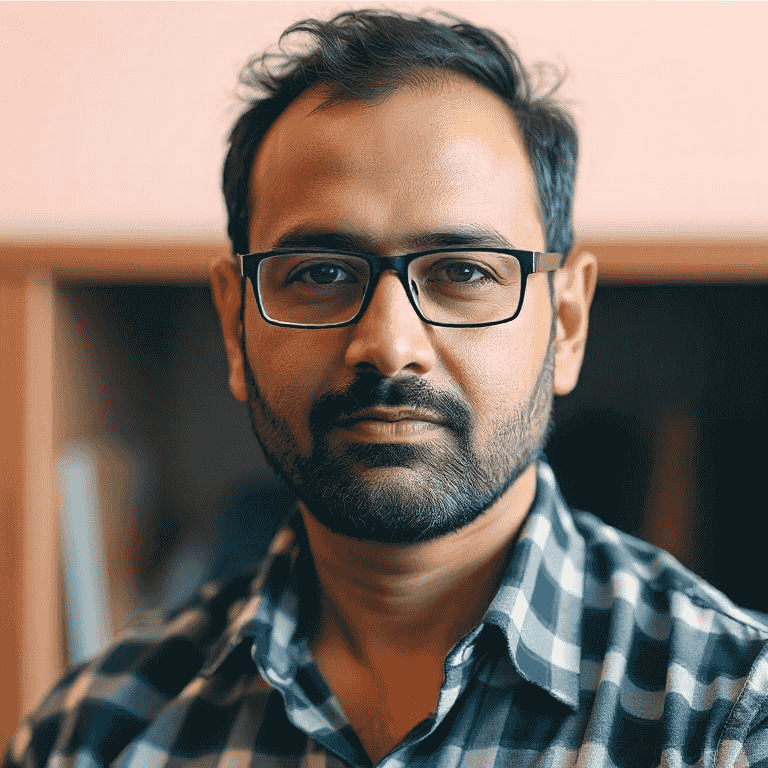India to hold six meetings on scientific cooperation under its G20 presidency this year | India News

NEW DELHI: India during its G20 presidency will hold one mega ministerial summit on science in Mumbai and five other meetings on different aspects of technological progress and challenges in different cities this year under the Research and Innovation Initiative Gathering (RIIG) — an important part of the country’s science engagements in the group of developed and emerging economies.
The RIIG aims to address the challenges of achieving socio-economic equity through research and innovation. It proposes the establishment of a G20 working group on research, innovation, and equity, which would bring together leading economic powers to address these challenges.
“The RIIG will serve as a platform to share ideas and create new partnerships to elevate research & innovation as a tool to achieve socio-economic equity globally,” said an official of the department of science and technology (DST).
The RIIG’s first (inception) meeting will be held in Kolkata on February 8-9 followed by side events in Ranchi on March 2-3, in Dibrugarh/Itanagar on March 24-25, in Dharamshala on April 19-20, in Diu on May 18-19 and the final ministerial summit in Mumbai on July 4-6. Different departments and research institutions of the ministries of science & technology and earth sciences will participate as lead partners in these meetings.
The ministry of earth sciences (MoES) will host the RIIG meetings for the G20 engagement group in Diu on “Scientific Challenges and Opportunities for a Sustainable Blue Economy” as its theme.
“This theme was carefully selected in order to address the important issues related to the sustainable use and management of the ocean and its resources,” said the ministry’s note on the meeting.
The meeting will bring together leading scientists, policymakers, and industry experts from around the world to discuss the latest research and innovations in this field, and to identify ways to promote a sustainable blue economy that benefits all nations and people.
The RIIG aims to address the challenges of achieving socio-economic equity through research and innovation. It proposes the establishment of a G20 working group on research, innovation, and equity, which would bring together leading economic powers to address these challenges.
“The RIIG will serve as a platform to share ideas and create new partnerships to elevate research & innovation as a tool to achieve socio-economic equity globally,” said an official of the department of science and technology (DST).
The RIIG’s first (inception) meeting will be held in Kolkata on February 8-9 followed by side events in Ranchi on March 2-3, in Dibrugarh/Itanagar on March 24-25, in Dharamshala on April 19-20, in Diu on May 18-19 and the final ministerial summit in Mumbai on July 4-6. Different departments and research institutions of the ministries of science & technology and earth sciences will participate as lead partners in these meetings.
The ministry of earth sciences (MoES) will host the RIIG meetings for the G20 engagement group in Diu on “Scientific Challenges and Opportunities for a Sustainable Blue Economy” as its theme.
“This theme was carefully selected in order to address the important issues related to the sustainable use and management of the ocean and its resources,” said the ministry’s note on the meeting.
The meeting will bring together leading scientists, policymakers, and industry experts from around the world to discuss the latest research and innovations in this field, and to identify ways to promote a sustainable blue economy that benefits all nations and people.

Brijesh Pathak is a seasoned journalist and editor at Daily News, bringing over a decade of experience in the media industry. Known for his sharp editorial insights and commitment to ethical journalism, Brijesh has covered diverse beats, including politics, business, and social issues. His leadership at Daily News has been instrumental in delivering impactful stories that inform and inspire readers. Passionate about storytelling, he combines traditional journalism values with modern approaches to keep audiences engaged in today’s fast-paced news environment.





